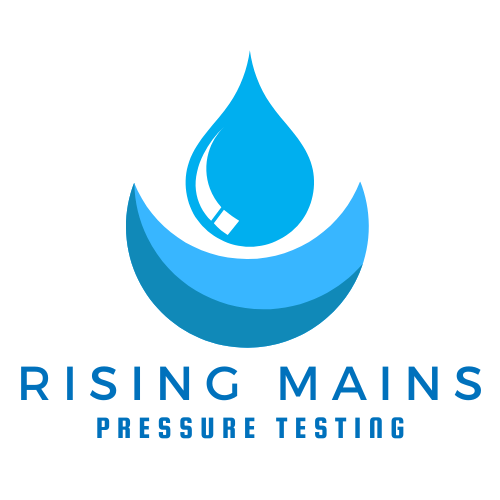Pressure test scheduling and planning play a pivotal role in maintaining the safety, efficiency, and reliability of water distribution systems. We specialise in designing tailored solutions to address the unique challenges of pipeline integrity management. Our commitment to quality, compliance with evolving UK standards, and advanced technological expertise ensure your water systems operate seamlessly, safeguarding both public health and operational continuity.
Contact Us
Effective scheduling and planning for pressure tests go beyond routine maintenance. They are integral to:
- Preventing system failures: By identifying vulnerabilities, such as leaks or weak points, early.
- Ensuring regulatory compliance: Adhering to the latest updates in the Water Industry Standard (WIS 4-01-03).
- Optimising operational efficiency: Enhancing system performance and extending the lifespan of critical infrastructure.
- Reducing service interruptions: Minimising downtime during maintenance or upgrades.
By partnering with us, you gain access to cutting-edge techniques, skilled professionals, and an unmatched dedication to precision and efficiency.
The latest revisions to the Water Industry Standard (WIS 4-01-03), updated in March 2024, introduce rigorous requirements, including:
Air content limitations: Reduced to a maximum of 4%, necessitating precise de-aeration techniques.
Mandatory thermal conditioning: Pipes must undergo a defined period of temperature stabilisation before testing.
Prohibition of pre-pressurisation: Ensuring accurate results by eliminating pre-test pressurisation.
Our procedures are fully aligned with these standards, delivering results that meet or exceed regulatory expectations.
We employ a combination of static and dynamic pressure testing to ensure a holistic assessment of your water infrastructure:
Static Pressure Tests: Examine a pipeline’s structural strength under stable, non-flowing conditions.
Dynamic Pressure Tests: Simulate fluctuating demand and flow conditions, mimicking real-world scenarios.
This dual approach ensures your pipeline is robust enough to withstand both expected and unexpected stresses.
To ensure minimal impact on operations, our scheduling strategies include:
Conducting tests during off-peak hours to reduce water supply interruptions.
Using mobile testing units to provide flexible and rapid on-site services.
Employing rapid-action disinfectants to expedite system recommissioning post-testing.
Before any test, we undertake a thorough evaluation of your network to optimise scheduling:
GIS mapping: Precisely locate pipelines and identify high-risk areas.
Historical data analysis: Review past performance to predict potential issues.
Seasonal demand trends: Plan tests during periods of reduced water usage for minimal impact.
Pressure testing is most effective when integrated into a broader asset management strategy. Our team supports clients by:
Scheduling predictive maintenance to address vulnerabilities before they escalate.
Coordinating tests with planned infrastructure upgrades for enhanced efficiency.
Enhancing overall system resilience through data-driven insights.
The revised WIS 4-01-03 standard significantly influences pressure test scheduling and planning by introducing:
- Extended durations: Thermal conditioning periods lengthen the testing timeline.
- Heightened accuracy: Reduced air content limits demand meticulous preparation.
- Stricter controls: Pre-pressurisation bans ensure safety and reliability during testing.
While these updates present challenges, they ultimately enhance the safety and durability of water systems. We are equipped to navigate these complexities, ensuring compliance and precision.
Complex systems: Extensive pipe networks require detailed mapping and analysis.
Operational demands: Testing must balance maintenance needs with ongoing production.
Stricter regulations: Reduced error margins demand highly skilled technicians.
Expert training: Our technicians stay current with the latest industry standards.
State-of-the-art equipment: Advanced tools ensure precise testing and accurate results.
Proven protocols: Comprehensive quality assurance guarantees compliance and reliability.
Our reliance on innovative tools and techniques ensures unparalleled reliability:
- Smart PRVs (Pressure Reducing Valves): Enable real-time pressure adjustments during tests.
- Data analytics: Provide insights into optimal test schedules and high-risk areas.
- Mobile testing units: Deliver flexibility and rapid response capabilities for any project.
